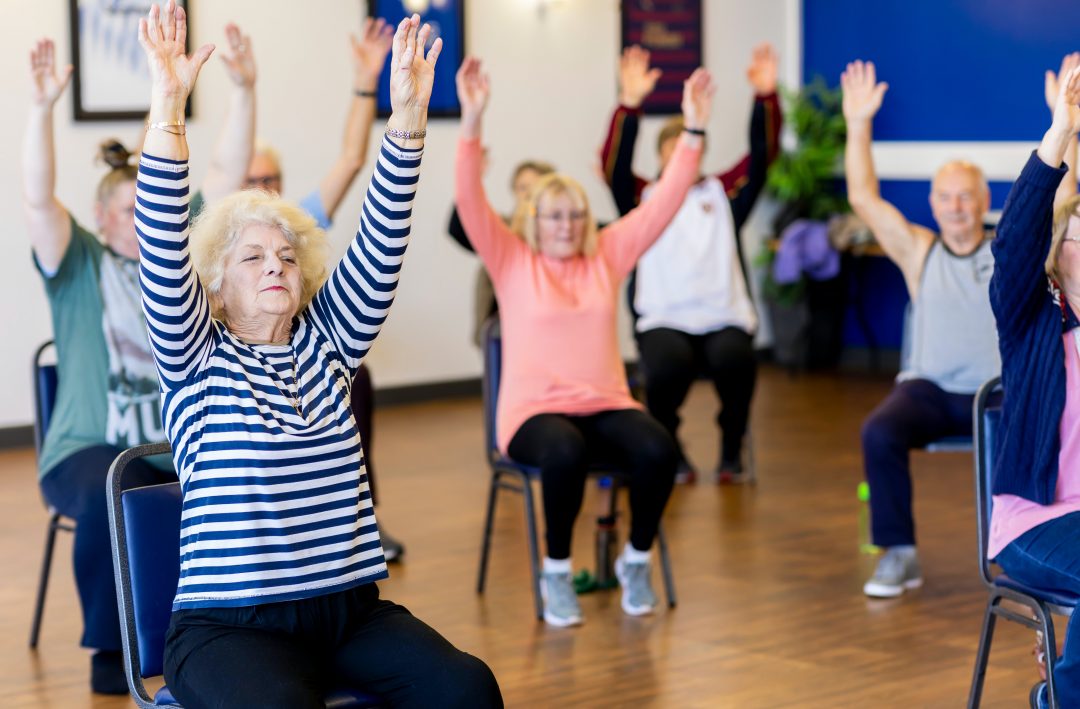Top tips for anyone considering setting up a patient and public involvement group in a care home
Blog

Top tips for developing patient and public involvement (PPI) groups in care homes
A small group of care home residents, staff, local authority managers, researchers and PPI leads in the North East and North Cumbria have been meeting to develop a PPI Group to support health and social care research in care homes.
These are their suggestions about why developing a PPI group is a positive thing, and their tips for accessing or becoming part of a group.
They’ve been broken down into tips for researchers, tips for residents and tips for staff.
Top tips for researchers
• Vouchers are the easiest form of remuneration
• Activity is good (e.g. painting, glass making demo), as it can be more relaxed if talking while doing something, and can be part of the remuneration
• Going out of the care home environment is good
• Activities can be linked to the research you are doing
• Use activity coordinator attached to the care homes you are working with, to come up with activities
• Face to face is always preferable
Top tips for residents
• Being part of public involvement activities can be fun and is a relaxed environment
• You can be yourself, there are no right or wrong answers, and you can give your opinion
• Being involved draws people out and gives purpose to some residents
• Residents’ voices have often been missing from research
• Taking part gives an opportunity for people to use their personal and professional experience – they are the experts of their own lives
• It’s good to see progress
• It is a great outlet for people with curiosity and an interest in people
Top tips for staff
• You can learn more about residents, beyond what is in their care plan
• When you ask residents if they want to take part, you may be surprised with who wants to get involved
• It gives a different perspective on what goes on before things land on you to implement
• It gives you a voice
• It provides something new and different
• It can just be a chat
• It allows you to meet new people and form new links with research networks, researchers and Higher Education Institutes
• It provides an opportunity to share learning and experience with other care homes
• It has lasting after effects and gives new topics of conversation with residents – for example many may still be talking about it long after the event/activity
• Feel like you are contributing to something
• Highlight of the day
• There is a benefit to residents
• It gives you access to tools and training
• *CQC quality marker
• Starts new conversations
• It is best for homes where staffing is stable
If you’d like to find out more, you can read Dorothy’s story – which explains how she got involved in research as a care home resident.
For more information please contact:
[email protected] – Senior Strategic Manager, Clinical Research Network North East and North Cumbria
[email protected] – Public Involvement & Community Engagement Manager ARC (Applied Research Collaboration) NENC